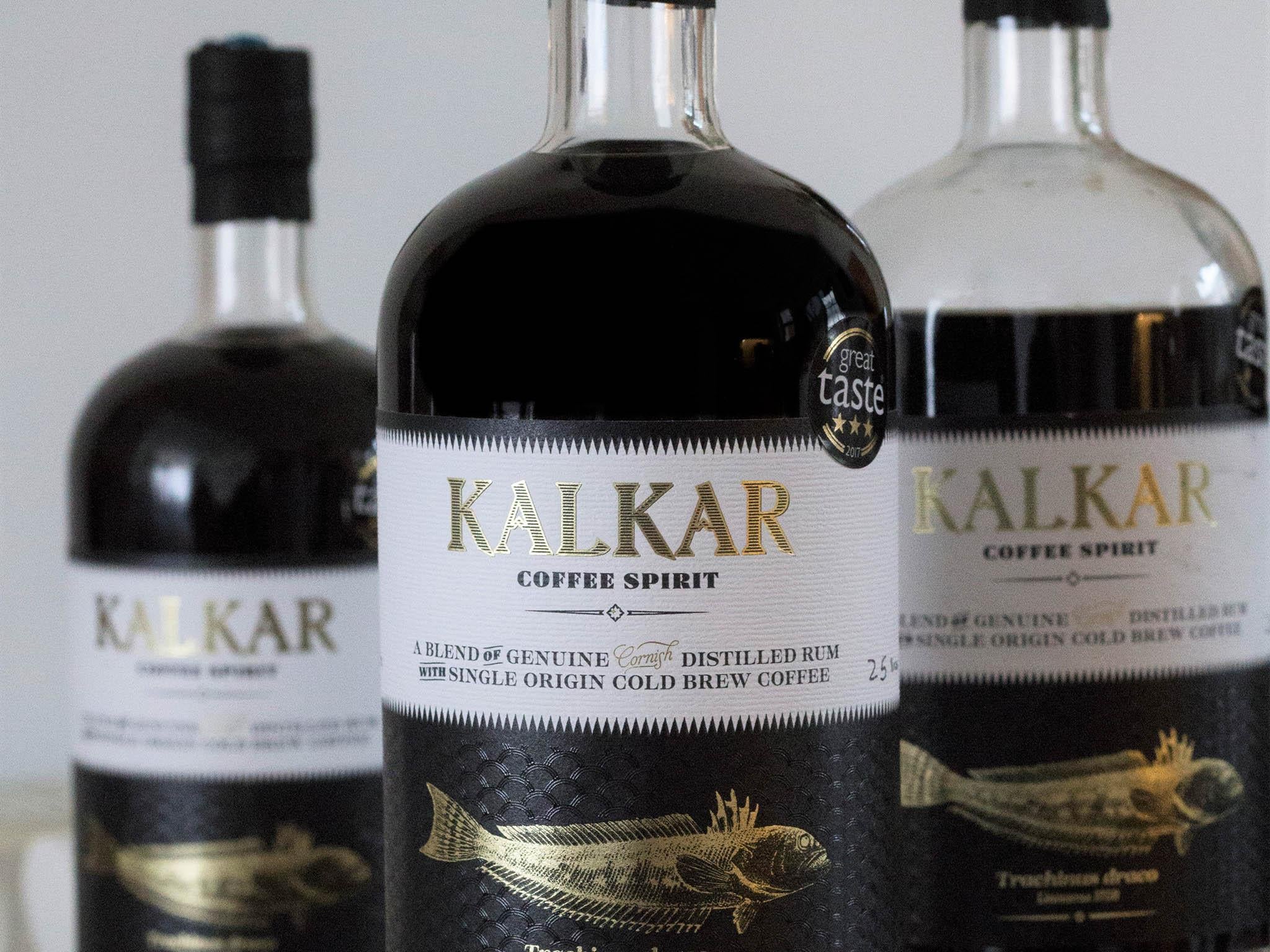Kalkar rum: The Cornish artisan rum, made entirely from scratch
A doctorate in chemistry comes in handy when you’re making a coffee spirit with only four ingredients. Emma Henderson speaks to a master distiller

Your support helps us to tell the story
From reproductive rights to climate change to Big Tech, The Independent is on the ground when the story is developing. Whether it's investigating the financials of Elon Musk's pro-Trump PAC or producing our latest documentary, 'The A Word', which shines a light on the American women fighting for reproductive rights, we know how important it is to parse out the facts from the messaging.
At such a critical moment in US history, we need reporters on the ground. Your donation allows us to keep sending journalists to speak to both sides of the story.
The Independent is trusted by Americans across the entire political spectrum. And unlike many other quality news outlets, we choose not to lock Americans out of our reporting and analysis with paywalls. We believe quality journalism should be available to everyone, paid for by those who can afford it.
Your support makes all the difference.“I became a distiller 12 months ago”, says Tom Read of the Cornish Distilling Company, “13 months ago I didn’t have a clue”. That, of course, doesn’t mean the end product isn’t a worthy rum. Kalkar takes its name from the word for “weaver fish” in Cornish – a nod to Read’s lifeguarding days. It was awarded three gold stars at the Great Taste awards in August.
As head distiller at the company, Read is served by his training in chemistry. “I use my PhD more than I realise in making the rum. It isn’t just about what you learn, it’s about having an idea and working out the best way to get there – in this case how to make good rum. The whole process for fermentation is essentially microbiology. And distilling is chemistry.”
The Cornish rum differs from others because the entire spirit is made from scratch and uses only four ingredients. “Everything is made from the raw starting ingredients, which is all done on site at the Norton Barton Artisan Food Village, in Bude, north Cornwall,” says Read.
The four ingredients include Nicaraguan coffee, white rum, water and a little raw sugar cane. Read says it doesn’t need anything else.
To make the rum, he uses sugar, adds yeast, water and a few nutrients and then lets the yeast do its thing, converting into alcohol. It makes the whole process much more time-consuming and complex – along with the fact it’s produced drop by drop – but means it is the first truly artisan Cornish rum.
The coffee that’s used in the drink comes from Falmouth’s Origin Coffee Roasters and is a single-origin coffee cold brew from Nicaragua instead of a blended one as other similar drinks use. “I knew I wanted to use a single origin so it was just a case of finding the right one and the right brew ratio,” says Read. He chose the Nicaraguan for its light and fruity roast.
“By using a single origin cold brew, it allows the individual characteristics of the beans to shine through, much like a filter coffee”, he adds. From this, Read can extract a strong and complex flavour without the sourness or bitterness.
This also means the drink is not as sweet. “I like to think the sugar is used to balance the drink, not sweeten it. You can always add sugar but you can’t take it away,” he says.
Drink it neat with a cube or two of ice. For a longer drink it matches great with coconut water or even tonic. It also makes a mean espresso martini or affogato.
Next in line from the team is a white rum, a spiced rum and aged rum.
Kalkar is available from theartisanfoodvillage.com, £35, 70cl / ABV approx 25%
Join our commenting forum
Join thought-provoking conversations, follow other Independent readers and see their replies
Comments